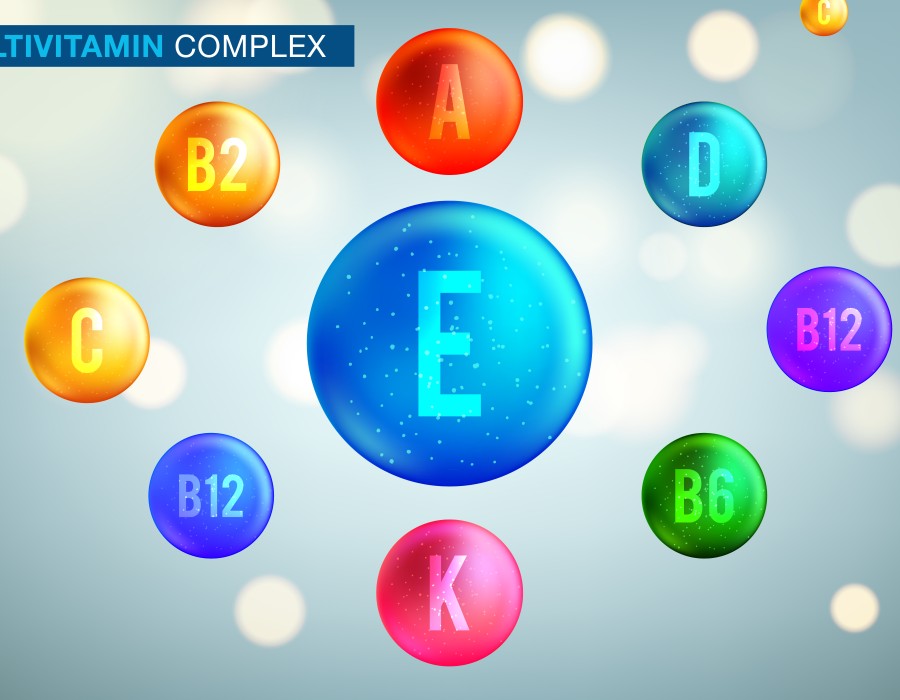Vitamin D is an essential nutrient that plays a critical role in many bodily functions, including bone health, immune system regulation, and the absorption of calcium and phosphorus. While sunlight exposure and dietary intake are the primary sources of vitamin D for most people, some individuals struggle to maintain adequate levels. For these individuals, vitamin D injections may offer a viable solution. This article explores who might benefit from vitamin D injections, the key benefits of this treatment, and factors to consider when deciding whether it's right for you.
Understanding Vitamin D and Its Importance
Vitamin D, often referred to as the "sunshine vitamin," is unique because the body can produce it when the skin is exposed to sunlight. It exists in two primary forms: vitamin D2 (ergocalciferol) and vitamin D3 (cholecalciferol). While both forms can be obtained through diet and supplements, vitamin D3 is more effective in raising blood levels of the vitamin.
Functions of Vitamin D in the Body:
- Bone Health: Vitamin D is crucial for the absorption of calcium and phosphorus from the gut, which are essential minerals for maintaining healthy bones and teeth. A deficiency in vitamin D can lead to conditions such as rickets in children and osteomalacia or osteoporosis in adults.
- Immune System Support: Vitamin D plays a role in modulating the immune system, helping to protect against infections and chronic diseases. It has been linked to reduced risks of autoimmune diseases, such as multiple sclerosis and rheumatoid arthritis.
- Mood Regulation: There is evidence suggesting that vitamin D influences mood and may play a role in reducing the risk of depression. This connection is particularly noted in individuals who experience seasonal affective disorder (SAD), a type of depression that occurs during the winter months when sunlight exposure is limited.
- Cardiovascular Health: Adequate levels of vitamin D have been associated with a lower risk of cardiovascular diseases, including hypertension and heart disease.
Given its vital roles, maintaining sufficient levels of vitamin D is essential for overall health and well-being. However, not everyone can achieve adequate levels through natural means alone.
Who Might Benefit from Vitamin D Injections?
While most people can maintain adequate vitamin D levels through sun exposure and diet, certain individuals may require supplementation in the form of injections. Here are some groups that might benefit from vitamin D injections:
Individuals with Malabsorption Disorders:
- Conditions such as Crohn's disease, celiac disease, and cystic fibrosis can impair the body's ability to absorb fat-soluble vitamins, including vitamin D. People with these disorders often struggle to maintain adequate vitamin D levels through oral supplements and diet alone.
Those with Limited Sun Exposure:
- Individuals living in northern latitudes, those who spend most of their time indoors, or those who wear clothing that covers most of their skin may not receive enough sunlight to produce adequate vitamin D. Additionally, people with darker skin tones have higher levels of melanin, which reduces the skin's ability to produce vitamin D from sunlight.
Elderly Individuals:
- As people age, their skin becomes less efficient at producing vitamin D, and the kidneys become less able to convert vitamin D into its active form. Elderly individuals, especially those who are housebound or live in long-term care facilities, are at an increased risk of vitamin D deficiency.
People with Obesity:
- Vitamin D is fat-soluble, meaning it is stored in body fat. In individuals with obesity, more vitamin D is sequestered in fat tissue, making it less available to the body. This can result in lower circulating levels of the vitamin, even if dietary intake is adequate.
Individuals with Liver or Kidney Disease:
- The liver and kidneys play essential roles in converting vitamin D into its active form. People with liver or kidney disease may have difficulty maintaining sufficient levels of active vitamin D, leading to deficiency.
Patients with Osteoporosis:
- People with osteoporosis or other bone health issues may benefit from higher doses of vitamin D to support calcium absorption and improve bone density. In some cases, injections may be recommended to quickly raise and maintain adequate vitamin D levels.
Individuals with Severe Deficiency:
- In cases where vitamin D deficiency is severe, oral supplementation may not be sufficient or may take too long to be effective. Vitamin D injections provide a more immediate boost in blood levels, making them an ideal option for individuals with critically low levels.
Key Benefits of Vitamin D Injections
Vitamin D injections offer several advantages, particularly for individuals who have difficulty achieving or maintaining adequate levels through other means. Here are some of the key benefits:
Rapid Increase in Vitamin D Levels:
- One of the most significant advantages of vitamin D injections is the rapid increase in blood levels of the vitamin. For individuals with severe deficiency or those who need a quick boost, injections can be more effective than oral supplements, which may take weeks or months to achieve the desired effect.
Improved Absorption:
- For individuals with malabsorption disorders, oral vitamin D supplements may not be adequately absorbed by the digestive system. Injections bypass the digestive tract, delivering the vitamin directly into the bloodstream, ensuring better absorption and utilization by the body.
Click here for more information!





Comments